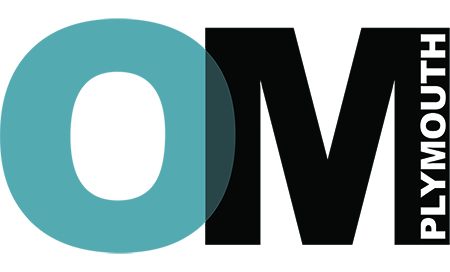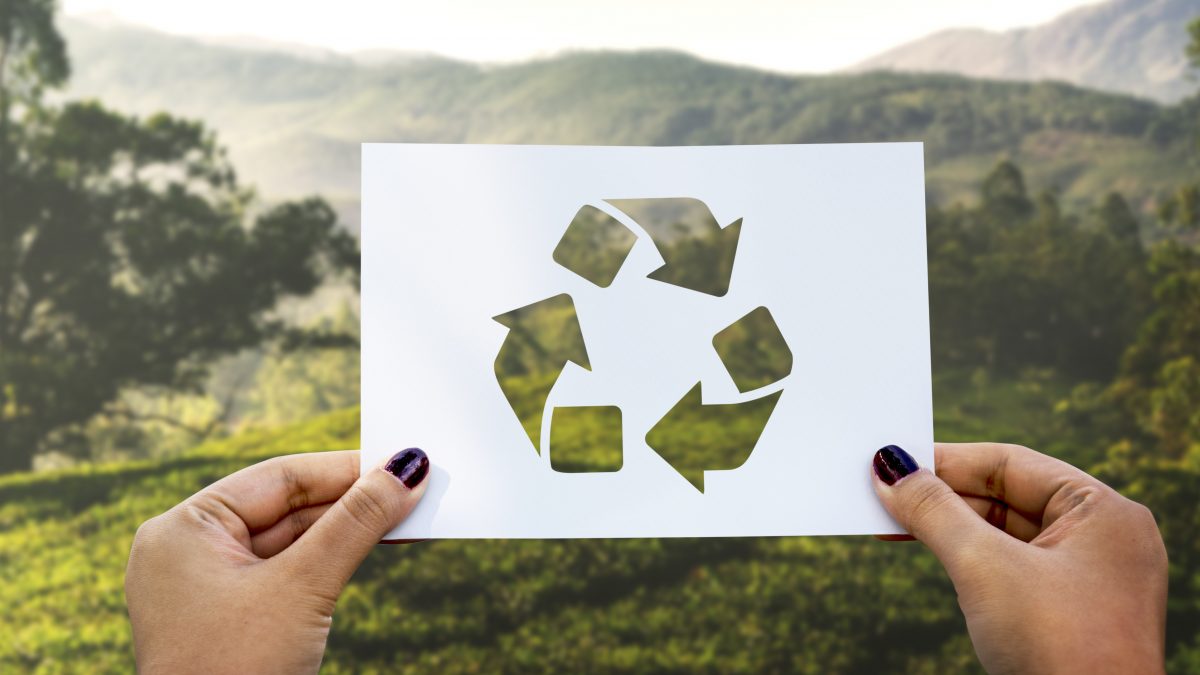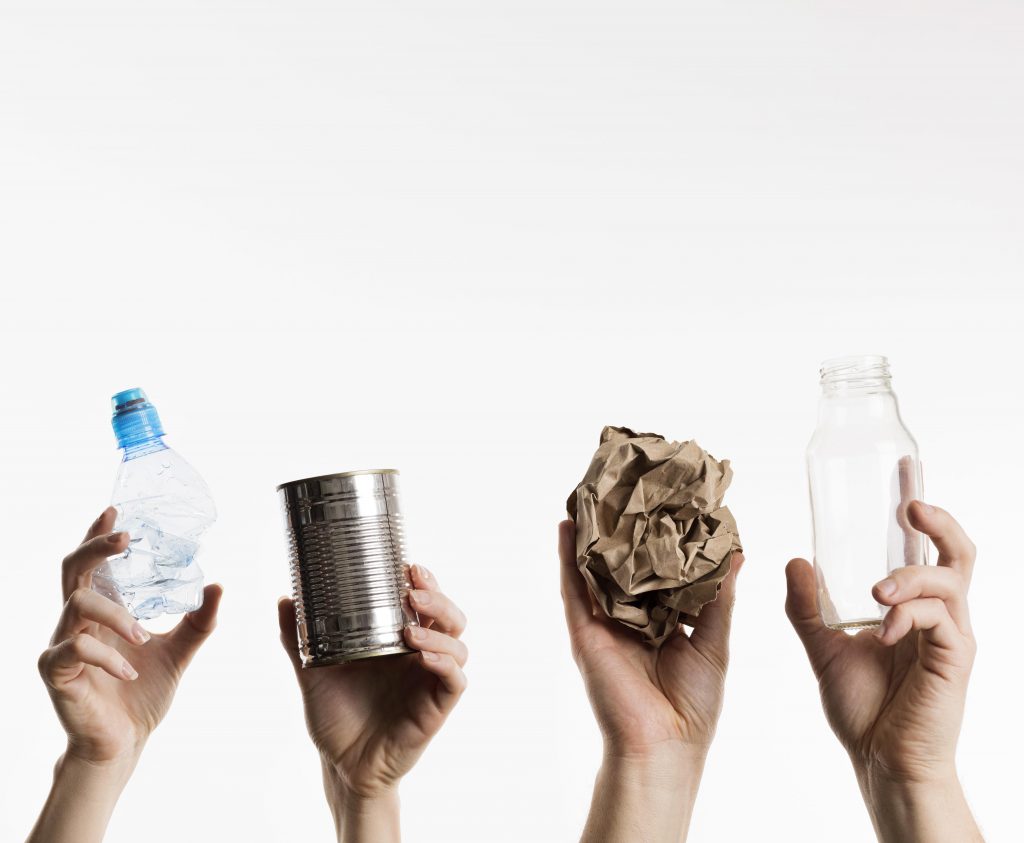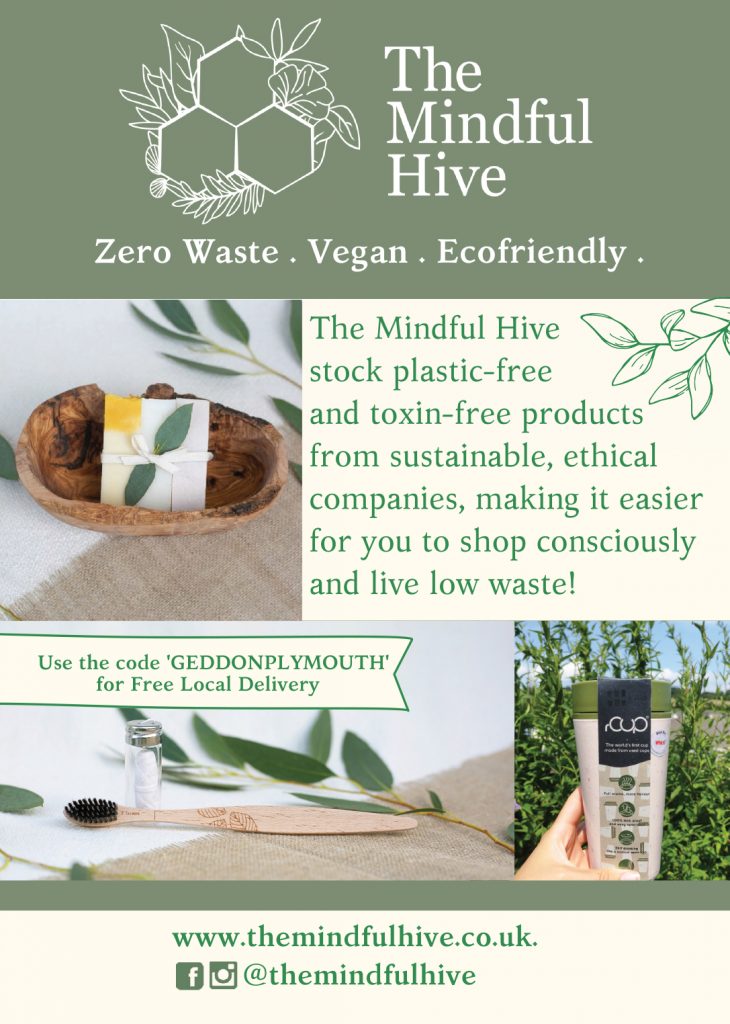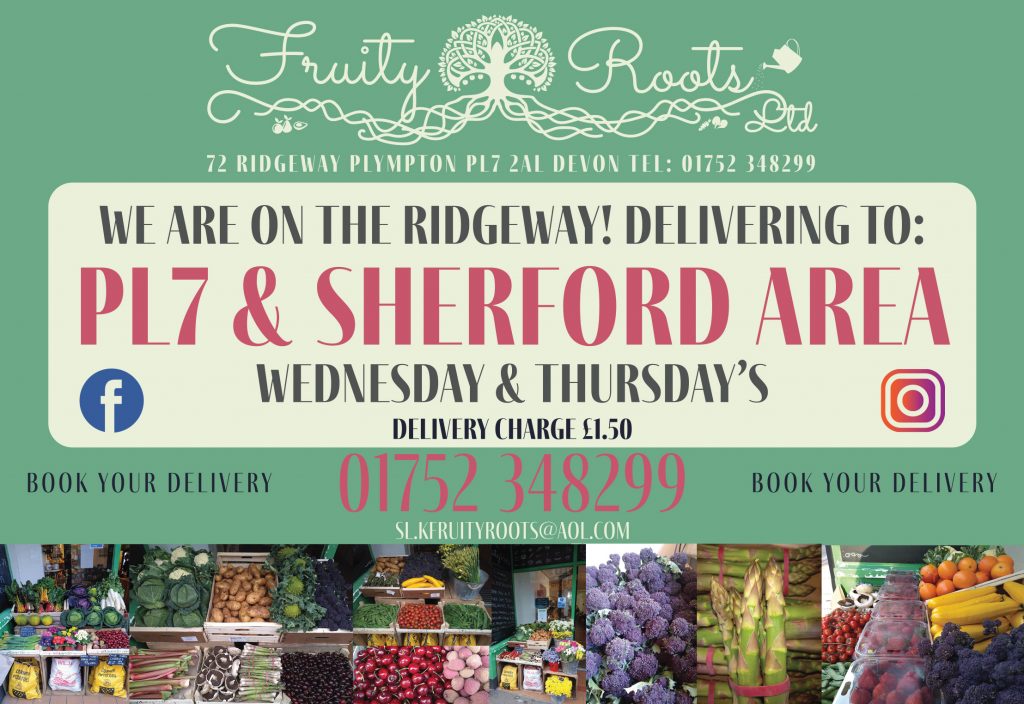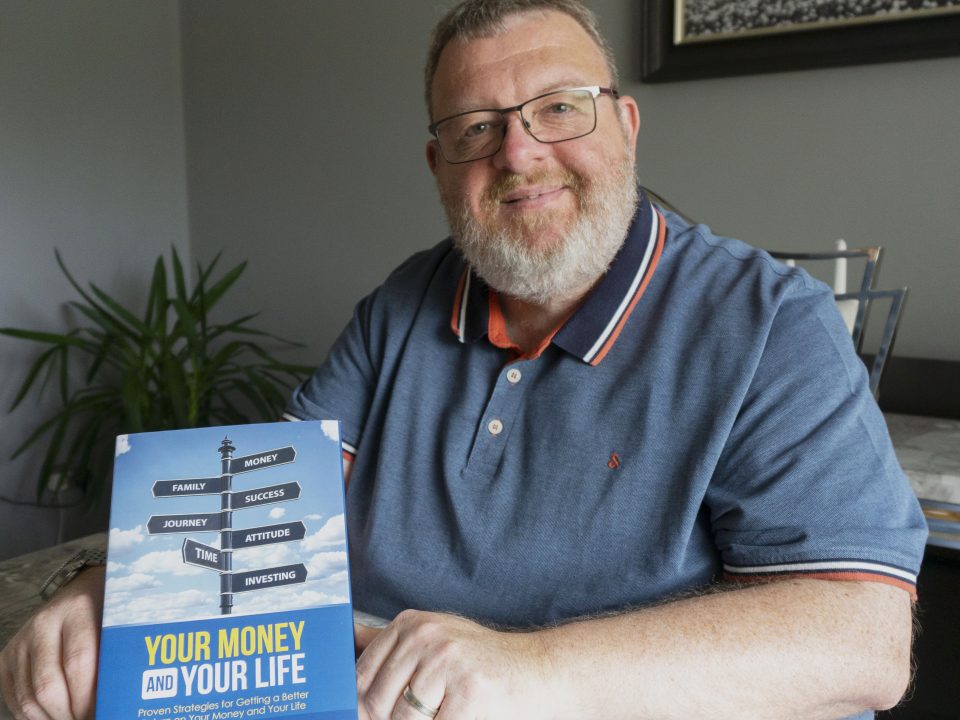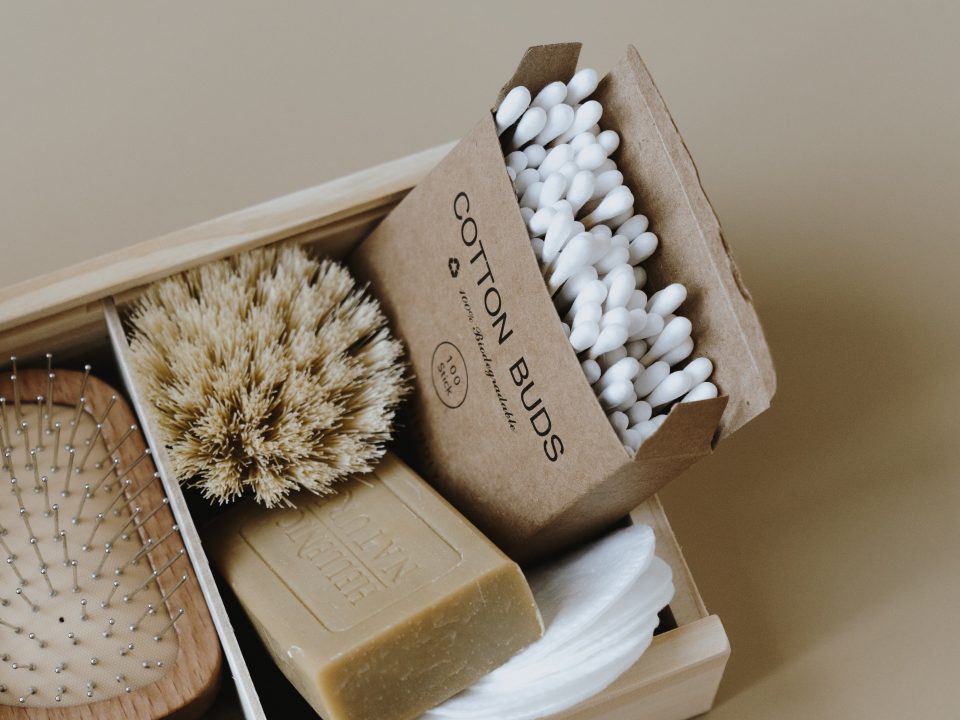Recycle Week 2021
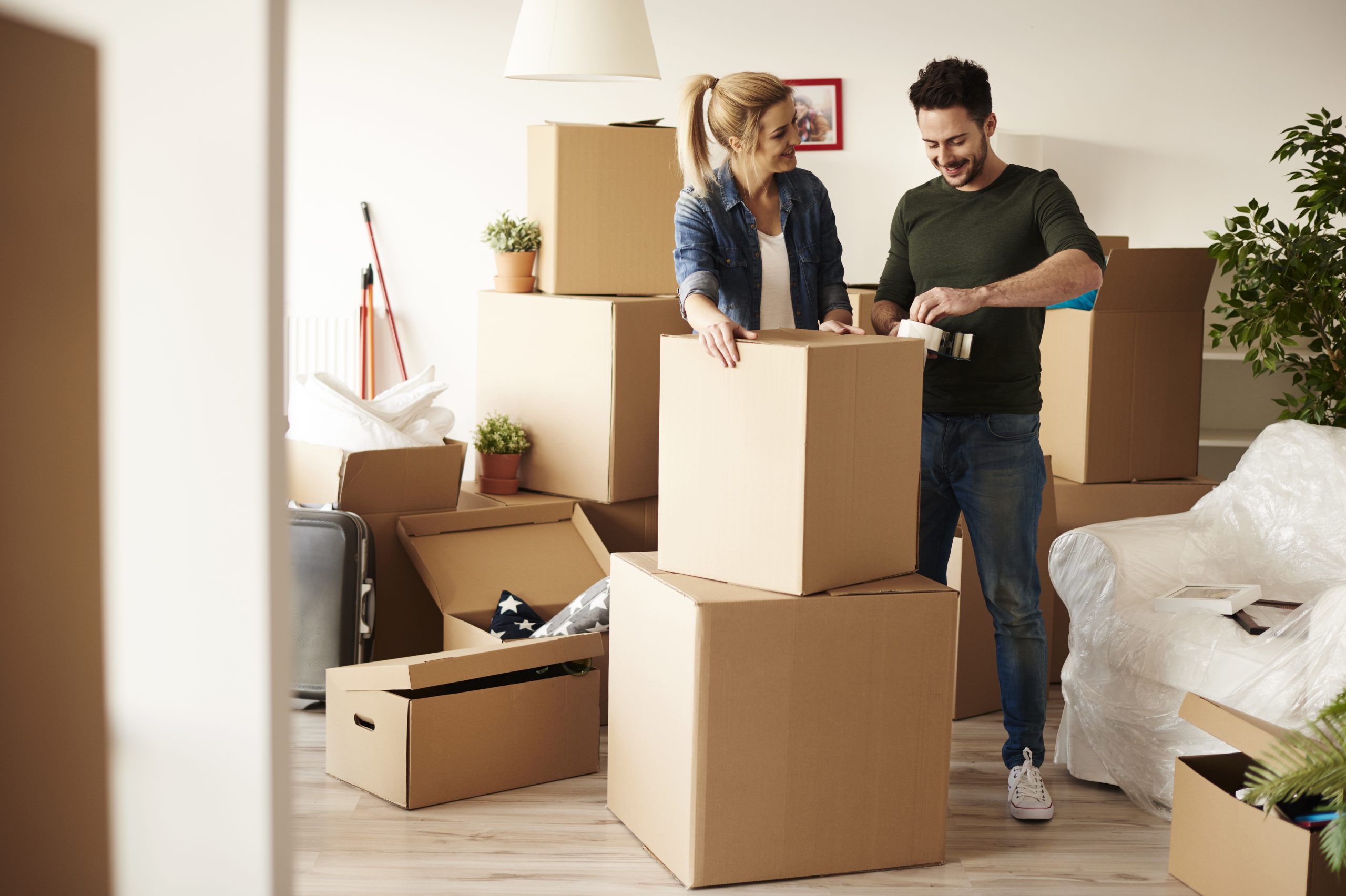
MOVING HOUSE? Here are the keys to success…
25th August 2021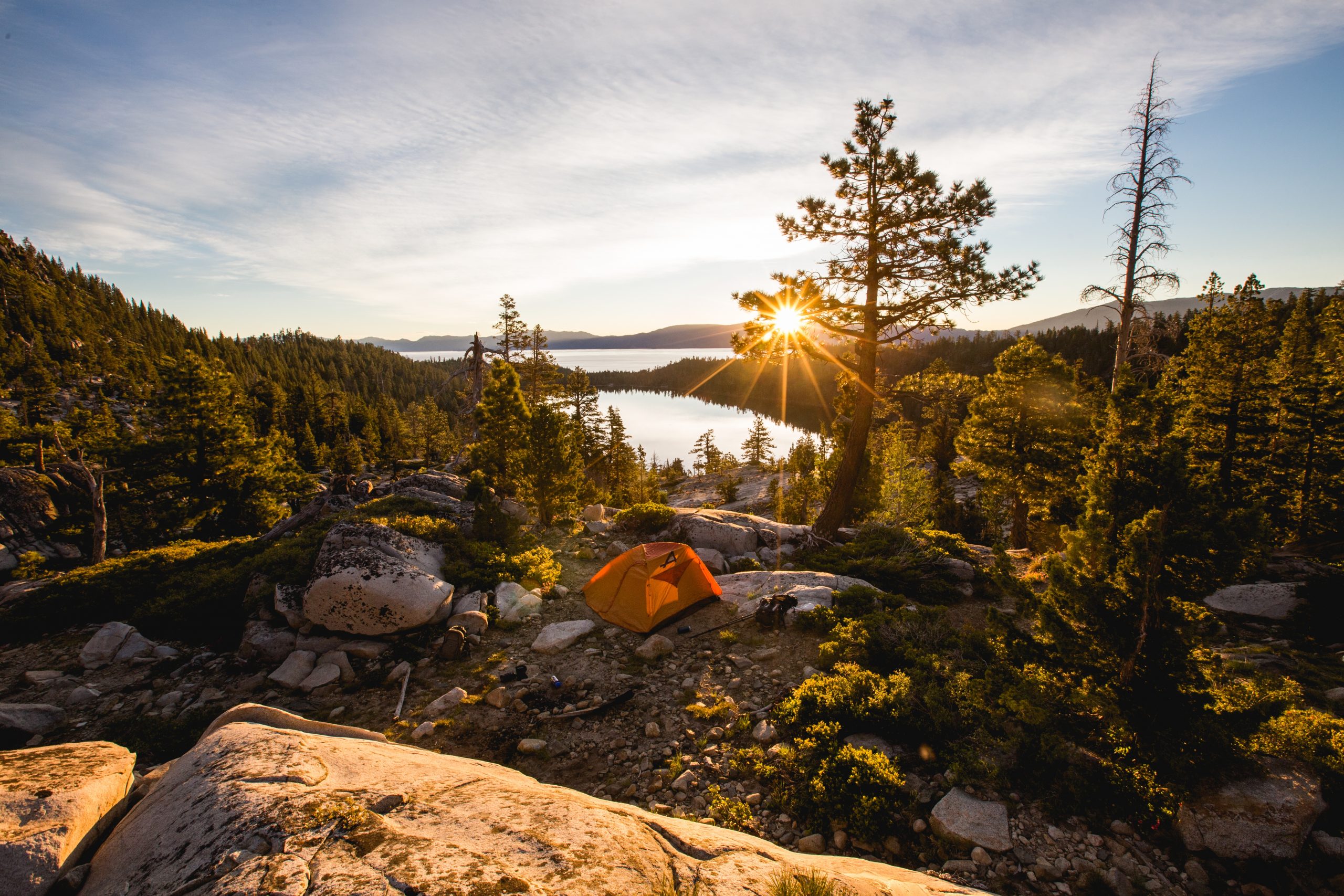
LAST-MINUTE LOCAL GETAWAYS & DAYS OUT
25th August 2021Something that we can all do to help the current state of the environment is by correctly recycling our waste. Encouraging people to recycle was the first step, now we need to step up our recycling habits to ensure we are throwing the right things in the right bins.
The core reason why we recycle materials is to reduce the need to grow, harvest or extract new materials from the Earth. Avoiding the harmful disruption to our planet means that fewer forests will be cut down, fewer animals will be harmed or moved and there will be less pollution of water, soil and air.
The Earth only has a finite amount of resources therefore, we should be protecting them by reusing what we already have instead of searching for untouched raw materials.
Manufacturing recycled products still requires energy to do so, however, it is considerably less compared to generating brand new products from raw materials. In fact, producing recycled aluminium uses 95% less energy than making it from scratch and making recycled paper uses 40% less energy than making it from virgin wood fibres!
It’s not just cardboard, plastic and aluminium that can be recycled but food waste and garden waste too! These should be recycled in separate bins and can be used to generate valuable compost for food and crop growth.
You can order your black garden waste bin from www.plymouth.gov.uk and it will be dropped off outside your house. The collection for garden waste varies as they prioritise the green and brown bins first.
Unfortunately, Plymouth doesn’t offer food waste bins but that doesn’t mean you can’t still do your bit! Plymouth City Council has teamed up with www.getcomposting.com to provide us Plymouth residence with our very own composting bin at a reduced cost. Made from 100% recycled plastic, their composting bins offer a sustainable solution to food waste for as little as £22.50!
Compost can take between six months to two years to reach its maturity and will resemble crumbly, dark brown soil. This is then perfect for improving vegetables and flowers and can be spread lightly over the grass to help it grow.
What can’t be recycled?
What we think can be recycled is probably very different to what can be recycled. A common mindset is, the more we recycle, the better for the environment, which is all well and good until we start recycling the wrong things.
Here is a list of items from www.ecoscraps.com that are commonly mistaken to be recyclable
Loose Plastic Bags
• Plastic shopping bags
• Plastic stretch wrap
Polystyrene Foam Cups or Containers
• Egg cartons
• Take out containers
• Drinking cups
Soiled Food Items (Items that have touched food, grease or oil)
• Food soiled containers
• Soiled paper products
Other
• Broken or sharp glass
• Fast-food packaging
• Plastic Utensils
• Most receipts
The perfect item to be recycled should be sparkling clean and then it can be processed back into exactly the material it was before. There is no direct rule in how clean it should be to get recycled; they will often judge the item individually and make a decision there and then. The dirtier items will be produced into less high-quality materials. So, when it doubt, wash it out!
Sponsored by The Mindful Hive
Compostable takeaway coffee cups – Good or bad?
A single-use item being replaced with another single-use item is sadly not a solution. Although they may advertise the cup as being ‘Compostable’ it doesn’t mean you can add this to your compost heap or put it in your garden waste bin. The ‘compostable’ coffee cup will decompose at a rate much slower than the contents of your compost which makes them unfit for compost heaps.
A common mistake people make is misunderstanding the terms biodegradable and compostable.
Biodegradable items can break down within the environment, however, the material itself may not be good for the environment. Some plastic bags are capable of biodegrading into tiny pieces within 20 years which causes more environmental concern.
Compostable items are made from natural materials which can completely break down into compost rich in nutrients.
Since they cannot be recycled, the only advantage they have over regular takeaway coffee cups is that they break down slightly faster. Therefore, the only way to get around the takeaway coffee cup debate is to buy a reusable coffee cup as they are purpose-built to not be tossed in the bin.
Thankfully, none of the waste from Devon ends up in landfill sites, so what we need to be focusing on is helping our local waste centres by recycling correctly and purchasing fewer single-use items, to begin with.
Sponsored by Fruity Roots
Borrow Don’t Buy announces the launch of their new Student Membership
Plymouth’s own Library of Things – Borrow Don’t Buy is launching a Student Campaign to support and engage local students who are living in Plymouth. Most students are on some kind of budget and a long way from home. They are limited on the number of things they can bring with them to student accommodation and often find they need to do a lot of shopping for items they might only use a few times. For this reason, having access to a pool of items that they can borrow occasionally will not only help them save money but also save valuable resources helping them to live greener.
Students will be able to join from September 1st. Students who sign up will get their first loan from the library totally free using the code ‘STUDENTFIRSTBORROW’. BDB items are already at very affordable prices, but to make them that much more accessible to students, an additional 10% discount is being offered on their loans for the first year.
BDB will be attending the University of Plymouth’s freshers fair on the 21st of September, where students will be able to engage with members of the BDB team and learn more about what it means to #beaborrower. And this isn’t just good for students, supporting them to reduce their waste will benefit Plymouth’s community as it helps with working towards Plymouth’s Climate Emergency Action Plan by increasing the number of users engaged with an organisation working towards a sustainable future.
For more information about Borrow Don’t Buy, our pickup location, how to donate or anything else please visit https://borrowdontbuy.co.uk or find us on social media
@borrowdontbuy
